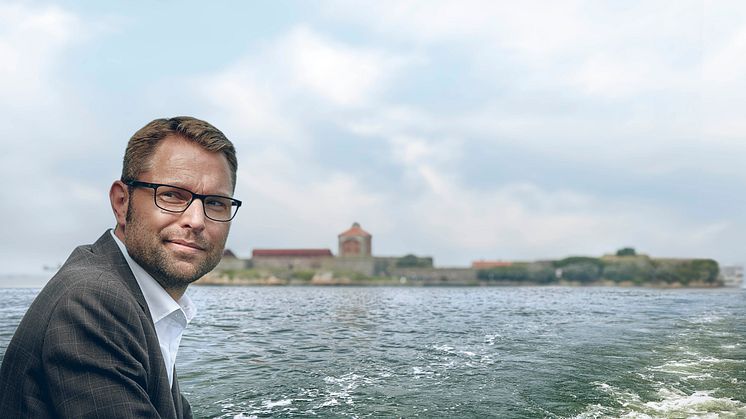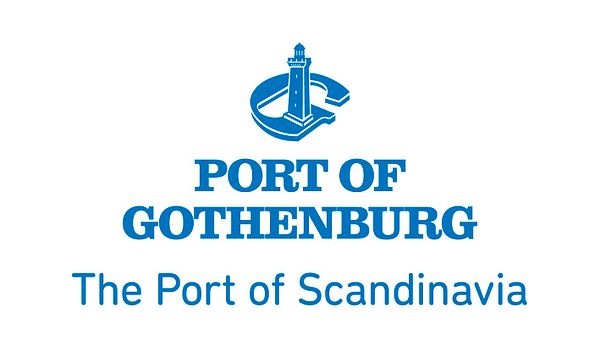
Press release -
Port of Gothenburg to UN Ocean Conference
The Ocean Conference brings together leaders and government representatives from every corner of the world.
“If you are seeking to address climate impact generated by shipping, this conference is extremely important,” said Edvard Molitor, Environmental Manager at Gothenburg Port Authority.
During the second day of the conference, Edvard Molitor will be involved in presenting recent advances in environmental technology that are helping to reduce emissions at sea.
“The Swedish shipping industry is at the international forefront in environmental technology. The use of liquefied natural gas and methanol as fuels, scrubber systems for cleaning marine exhaust gases, and onshore power supply for vessels moored at the quayside, are just a few examples of initiatives designed to mitigate global emissions from shipping.”
Step up the pace
Shipping is by far the most energy efficient means of transporting freight although as with every mode of transport, it has an impact on the environment. International shipping is a major source of emissions of sulphur dioxide, nitrogen oxides, carbon dioxide and particles – substances that harm human health and contribute to acidification of the marine environment.
According to Edvard Molitor, there is considerable potential for improvement. The International Maritime Organisation, IMO, has introduced global regulations governing sulphur emissions. They now need to take responsibility for carbon dioxide emissions. He hopes the IMO will announce strong measures at their forthcoming meeting in July.
“Emissions from international shipping can and must be reduced more quickly. If this is to be achieved, regulations need to be introduced globally and not locally, which is the case in many instances.”
Global regulations needed
The application of local regulations in a global industry has a distorting effect on competition. The primary sector in Sweden is finding it increasingly difficult to compete on price whilst environmentally hazardous substances continue to be emitted into the air and the ocean in other parts of the world.
Fact file: The Ocean Conference
The Ocean Conference will be held in New York on June 5-9. The conference brings together governments and leaders from every corner of the world and will add impetus to the implementation of Sustainable Development Goal 14, adopted by the UN member states in 2015, and will enable more stakeholders to take responsibility for the future of our oceans.
#SaveOurOcean
Topics
Fact file: Port of Gothenburg
The Port of Gothenburg is the largest port in the Nordic region. 30 per cent of Swedish foreign trade passes through the Port of Gothenburg as well as 60 per cent of all container traffic.
The Port of Gothenburg is the only port in Sweden with the capacity to receive the world's largest container vessels and has the broadest range of shipping routes within and outside Europe. The 25 rail shuttles that depart each day mean that companies throughout Sweden and Norway have a direct, environmentally smart link to the largest port in the Nordic region. The Port of Gothenburg has terminals for oil, cars, ro-ro, containers and passengers.

